The best-laid plans, right? (Or is it the “breast-laid plans”?)
You have your goals for breastfeeding — six months. One year. Two years. Natural term weaning. They’re all big achievements, and you deserve a gold star for working towards them because, as we know, being a parent is hard work. Let alone breastfeeding.
But maybe your baby didn’t get the memo, and all of a sudden, your previously enthusiastic nurser seems to be losing interest.
So what gives?
When babies stop breastfeeding on their own, they’re self-weaning. While there are many anecdotes about babies who suddenly self-wean at 6 or 7 months, it typically doesn’t happen until children are over a year old.
What’s more, self-weaning is a gradual process. Babies grow, get increasing amounts of their nutrition from solid foods, and become more and more independent. They begin to nurse less frequently and for shorter periods.
The American Academy of Pediatrics (AAP) recommends exclusive breastfeeding for at least six months. The Centers for Disease Control and Prevention (CDC) recommends it for up to one year. The World Health Organization (WHO) recommends breastfeeding for up to two years. This is all to say, if your baby is less than one year old and you think they’re self-weaning, it’s a good idea to contact an IBCLC to come up with a plan for preserving your breastfeeding relationship with your child. There are still critical benefits to breastfeeding.
The first thing to consider is whether your child is actually ready to self-wean. Some babies may change their nursing habits or patterns during their first year of life, but that doesn’t necessarily mean self-weaning.
Here are some of the key signs that babies are self-weaning.
We’ve all heard parents — our cousin’s best friend, that parent in your birthing group, the blogger who you follow on Pinterest — talk about how their baby self-weaned at an early age. And maybe! But, as we said, it’s not usually that a baby under one-year-old self-weans.
Instead, if your baby’s breastfeeding routines have upended, consider that your baby is having a nursing strike. Nursing strikes happen among babies older than 3 months who suddenly stop breastfeeding after establishing a breastfeeding relationship with their parent. Nursing strikes can happen for a number of reasons:
Nursing strikes can be stressful for both parent and baby, but getting the support of an IBCLC can make a huge difference in preserving breastfeeding.
Okay, so if your baby IS over one year old — technically, your toddler, but they are always your baby, aren’t they? — and they’re showing signs of self-weaning, why is it happening?
Of course, even if your child is a devoted nurser, they can still be incredibly busy. But the busyness of toddler life is exciting, often more exciting than the more contemplative act of nursing. It can be harder and harder for them to sit still when there are many intriguing things happening around them.
We get it. Food is pretty amazing. After children turn one, they start getting more and more nutrients from solids. The result? They may be too full for a meal of breast milk after their dinner.
As children eat more solids, they look to breast milk less and less to fill their stomachs. This naturally decreases your milk supply. However, there are other factors that can impact how much milk is available to your little one. The return of your period or a new pregnancy can cause hormonal fluctuations that impact your milk supply, and returning to work can influence how frequently you nurse or pump, which can lower your supply if you’re not removing as much milk from your breasts.
For babies who have primarily nursed throughout the first year of their life, a bottle or cup can be pretty exciting. It’s a different experience — and it’s a more expedient way to get hydrated.
For some parents, a self-weaning child is an opportunity to wean entirely. It might be a bit bittersweet — while breastfeeding has its challenges, it can be a lovely period in your life, too.
Other parents may not be quite ready for weaning, and while you should never force nursing on your child, you may be able to encourage them to continue breastfeeding.
If your child is self-weaning, providing more milk during nursing can help keep their interest. You can offer to breastfeed more frequently — rather than waiting for them to ask — but you can also add a pumping session or two into your routine to increase your supply.
Again, breastfeed more often. As we said, childhood is busy. Breastfeeding might not be the first thing on your child’s mind. Don’t force breastfeeding, but remind them they can nurse if they’d like.
Decreasing distractions can be a big help. Find a calm, relaxing spot and keep background noises and activities to a minimum.
Like any relationship, breastfeeding can have its ups and downs. A decrease in nursing doesn’t necessarily mean the end of your relationship. Talking with a supportive person — a friend, a breastfeeding support group, an IBCLC — can help you decide where to go from here.
We want all parents to feel supported as their child self-weans — or doesn’t! We’re here to answer your questions and help you find solutions. Book a convenient online video appointment with a Nest Collaborative IBCLC today.
